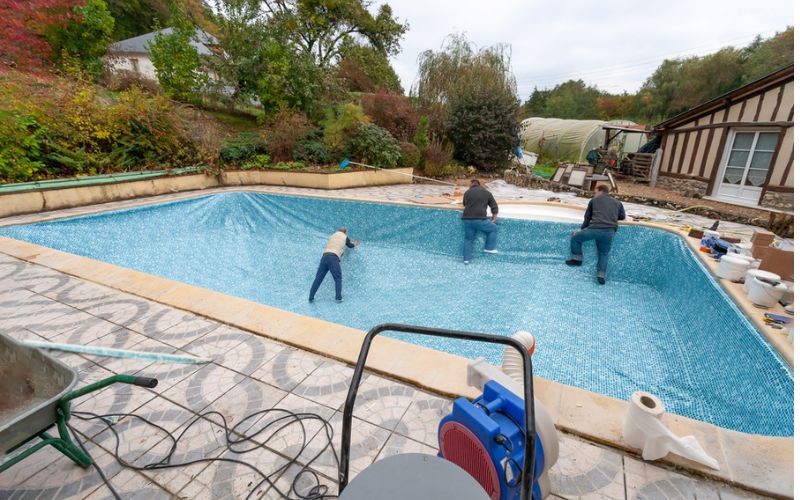The played a pivotal role increasing condo units in Metro Vancouver’s long-term rental housing pool by 18.9% in 2019, according to a Canada Mortgage and Housing Corporation study.
Of the 11,118 additional units, 8,824 had been converted into long-term rentals after either being used for other purposes or changing ownership, CMHC says, marking the first time that the number of new rentals exceeded the number of new condo completions.
“This means, necessarily, that some existing units previously used for other purposes were converted to long-term rental, even if all newly completed units were to enter the rental market,” the crown corporation said in its analysis.
Moreover, 2,294 of the 11,118 units were new condominium completions controlled by investor-landlords. Given that the purpose-built rental vacancy rate in Vancouver hasn’t risen above 1% for six straight years, and that the condo rental vacancy rate is 0.3%, the CMHC analysis indicated that the new supply immediately benefited from voracious demand.
The likely reason for the unprecedented annual increase in supply is a confluence of housing policies, namely the and the Empty Homes Tax, as well as short-term rentals being restricted to principal residences.
Of the 8,824 converted units in Metro Vancouver, 5,097, or 58%, were in the City of Vancouver, which only comprises 37% of the CMA’s condo stock.
“Within the City of Vancouver, the number of condominiums converted to long-term rental units was further concentrated in the downtown area,” said the analysis. “The central location of this area means that it has been a popular location for short-term vacation rentals, as well as condominiums that are second residences for owners who reside elsewhere.
“Following several years of losses of existing units from the long-term rental market, the change in market participation in 2019 in downtown Vancouver was likely impacted by the combination of housing policies introduced to encourage the rental of condominiums to long-term tenants.”
The Empty Homes Tax, which Vancouver’s city council just voted to increase from 1.25% to 3% in 2021, earned the city revenues of $38 million in 2017 and $39.4 million in 2018. According to a Vancouver-based mortgage broker, the tax has done much to help Vancouverites secure housing.
“I think [the 11,118 units are] a fantastic outcome based on the Empty Homes Tax,” said e. “Many Vancouverites, including myself, were extremely disappointed to see investors buying multiple units either to leave them empty as investment appreciation vehicles or to use them as short-term rentals. I think it’s a great thing that happened and it’s been a long time coming.”
Neil Sharma is the Editor-In-Chief of Canadian Real Estate Wealth and Real Estate Professional. As a journalist, he has covered Canada’s housing market for the Toronto Star, Toronto Sun, National Post, and other publications, specializing in everything from market trends to mortgage and investment advice. He can be reached at neil@crewmedia.ca.








